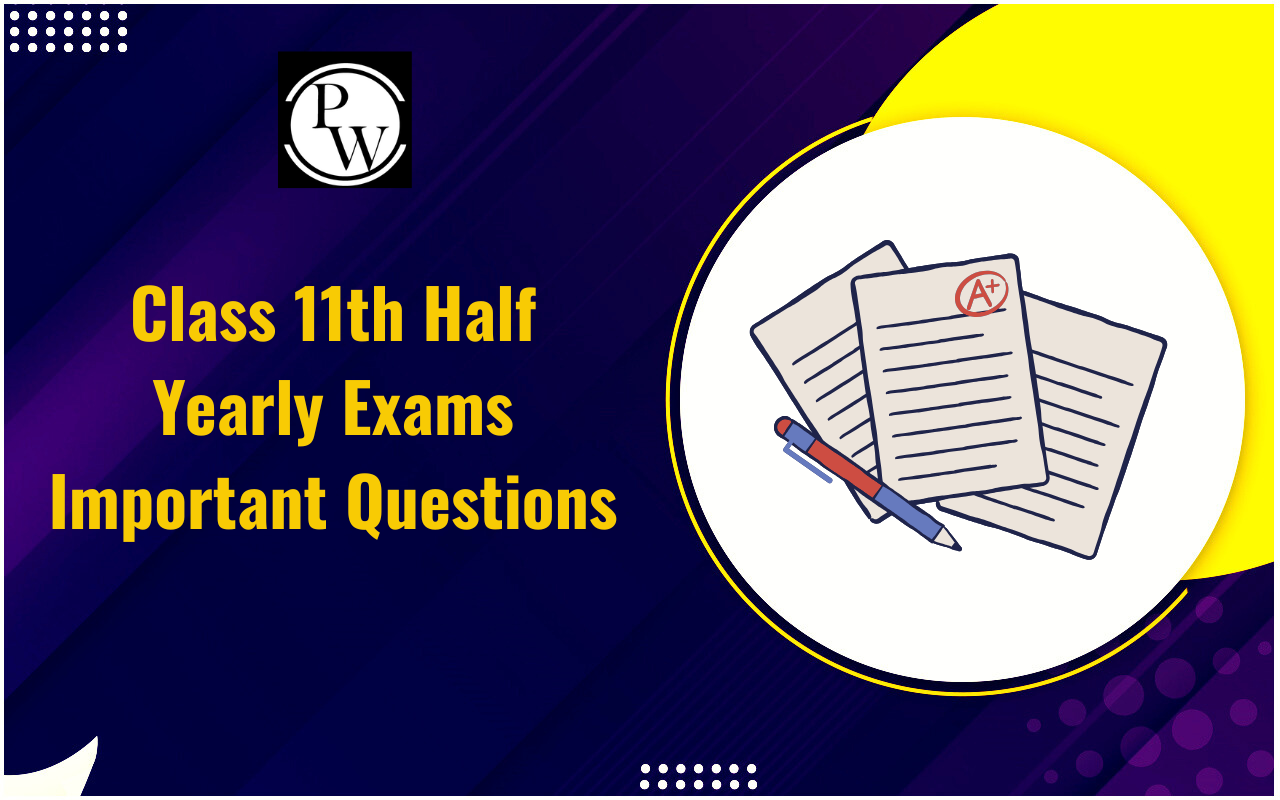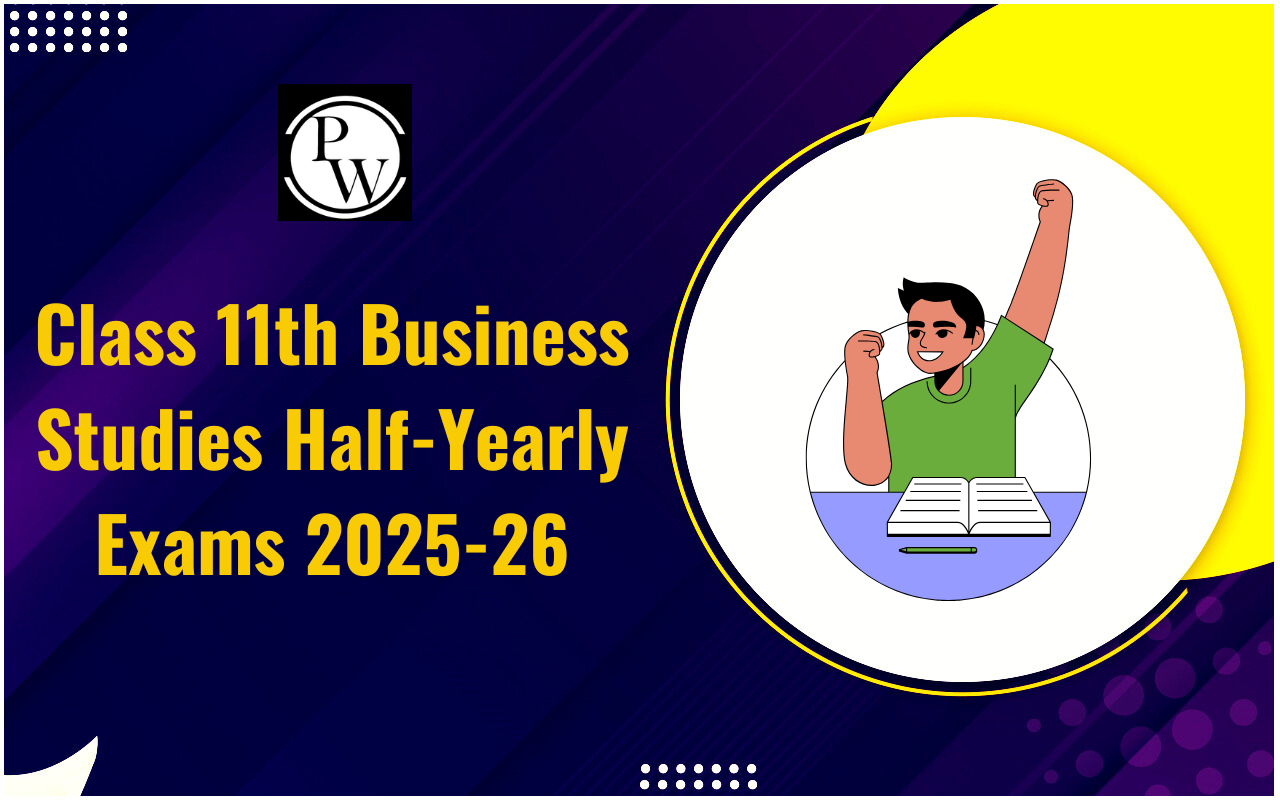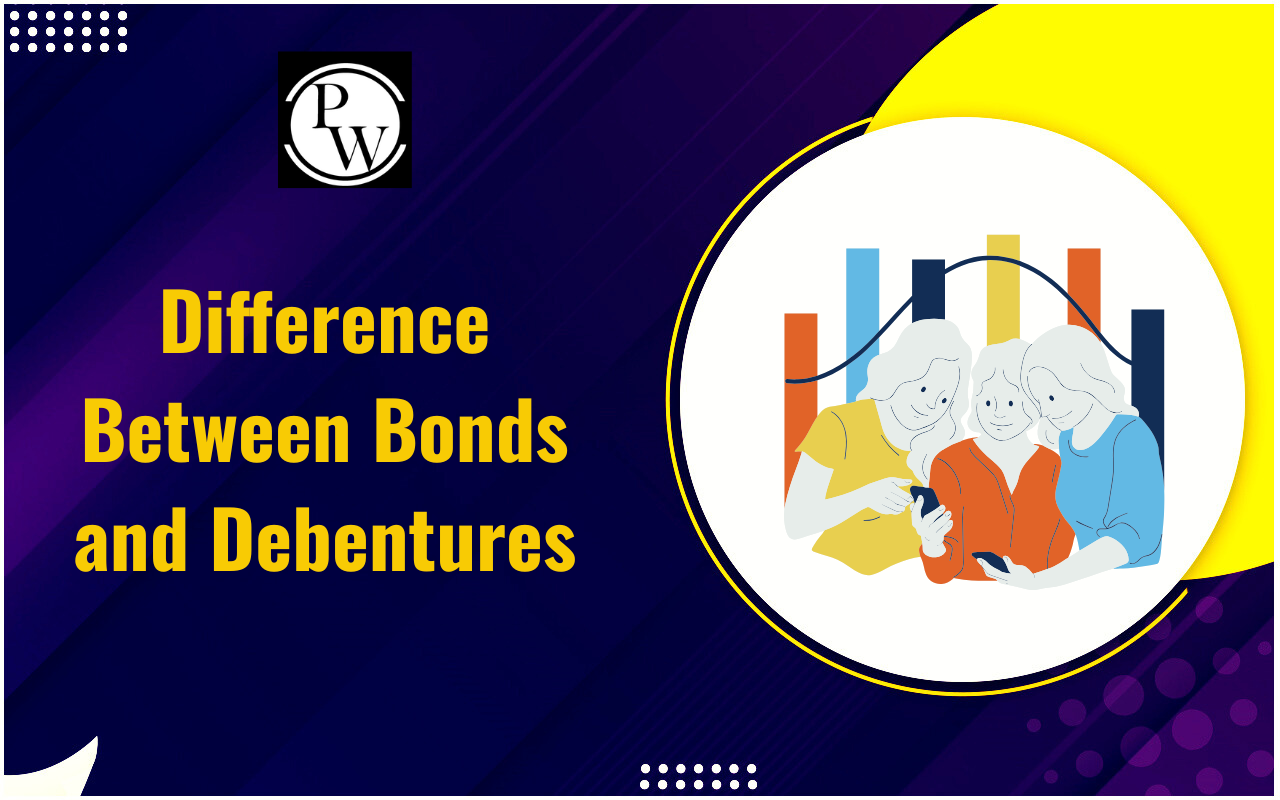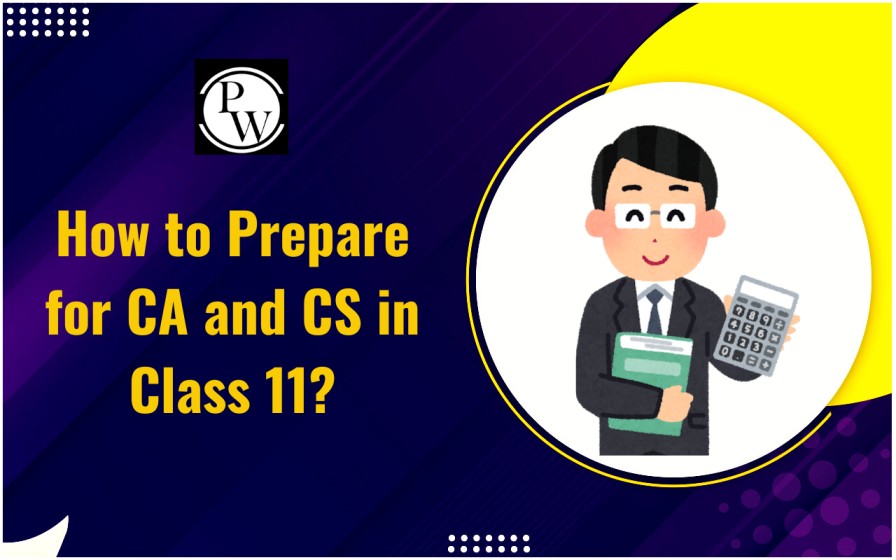
Starting a business is an exciting step for anyone. But before beginning, a business owner has to make an important decision. This is deciding what type of business to start. Choosing the right type of business is important. It affects how much tax the owner pays, the rules to follow, the paperwork needed, how much money to invest, and who is responsible for debts. Every state has laws that regulate how businesses are formed.
Below, we’ve explained the forms of business organisations, what they are, and how to choose the right one.
What are Business Organisations?
A business organisation is a setup where goods or services are produced and sold to meet customers’ needs. Business organisations usually have rules, goals, a social structure, and a plan for using resources. They follow laws and pay taxes according to the government.
Business organisations can be simple or complex. They can be owned by one person, a group of people, or many shareholders. How the business is organised affects who controls it, how profits are shared, and how much responsibility each owner has.
Forms of Business Organisations
There are some forms of business organisations. Each type has some advantages and disadvantages. Choosing the right form depends on the owner’s needs, investment capacity, and risk tolerance. The most common forms are explained below:
1. Sole Proprietorship
Sole proprietorship is the simplest form of business. In this, only one person owns and runs the business. In this, only the owner makes all decisions and he/she are fully responsible for the business. If the business earns a profit, then the owner keeps all the profit. If there is a loss, the owner has to bear the loss all alone. Sole proprietorship is easy to start and does not need much paperwork. Below, we’ve mentioned some common examples:
- Small shops or stores
- Home-based businesses
- Individual consulting firms
2. Partnership
A partnership is a business owned by two or more people. In this, each partner contributes something, like money, skills, or property. In this partnership, partners share the profits and losses based on their agreement. In a partnership:
- Each partner reports their share of profit on their tax return
- Partners are not employees, so taxes are not automatically deducted
- Decisions are made together as per the partnership agreement
3. Corporation
A corporation is a more complex business structure. It is considered a separate legal entity. It means the business can own property, sign contracts, and pay taxes on its own. Corporations are suitable for large businesses that need investment from many people. Key points about corporations:
- Shareholders own the corporation, but they are not personally responsible for its debts
- Profits given to shareholders as dividends are taxed individually
- Corporations have to follow more rules and laws than other forms of business organisations
4. ‘S’ Corporation
An ‘S’ Corporation is a type of corporation. It allows profits or losses to pass directly to shareholders’ personal tax returns. This helps in avoiding double taxation that happens in regular corporations.
5. Limited Liability Company (LLC)
An LLC is a newer form of business. It combines the benefits of partnerships and corporations. Owners of an LLC are called members. They have limited personal liability for the company’s debts. LLCs are popular because they protect owners from personal financial risk while allowing flexibility. Key points about LLCs:
- Flexible in management
- Can include individuals, corporations, or other LLCs as members
- Profits and losses can pass through to personal tax returns
Different Between Forms of Business Organisations
Each type of business organisation has unique features. Below, we’ve mentioned some differences, including:
| Different Between Forms of Business Organisation | ||||
| Feature | Sole Proprietorship | Partnership | Corporation | LLC |
| Number of Owners | One | Two or more | Many shareholders | One or more members |
| Liability | Full personal liability | Shared among partners | Limited to shareholders | Limited to members |
| Taxes | Paid by owner | Paid by partners individually | Corporation pays tax, shareholders pay tax on dividends | Pass-through taxation |
| Management | Owner controls | Shared by partners | Board and officers manage | Members manage or appoint managers |
| Paperwork | Minimal | Moderate | High | Moderate |
How to Decide the Best Form of Business Organisation
Choosing the right form of business organisation depends on several factors. Below, we’ve mentioned the factors to decide the best form of business organisation:
-
Liability: If the owner wants to protect personal assets, they should consider LLCs or corporations.
-
Taxes: Some forms allow profits to pass directly to personal tax returns, which can reduce tax burdens.
-
Investment Needs: Large businesses may need to raise money from investors, making corporations a good choice.
-
Control: Sole proprietorships give full control to the owner, while partnerships and corporations involve shared control.
-
Complexity: Some forms require more paperwork and legal formalities. Owners should consider what they can manage easily.
There are several forms of business organisations, each with advantages and disadvantages. Sole proprietorships are simple and easy to manage. Partnerships allow the sharing of skills and resources. Corporations protect owners from personal liability and allow large-scale investment. LLCs provide flexibility and limited liability protection.
Before starting a business, it is essential to choose the right form of business organisation. The choice affects taxes, control, responsibilities, and financial risks. Understanding the different forms helps business owners make informed decisions and build a strong foundation for their business.
Forms of Business Organisations FAQs
What are the forms of business organisations?
Which form of business organisation is easiest to start?
What is the difference between a corporation and an LLC?
How do partnerships share profits and losses?










